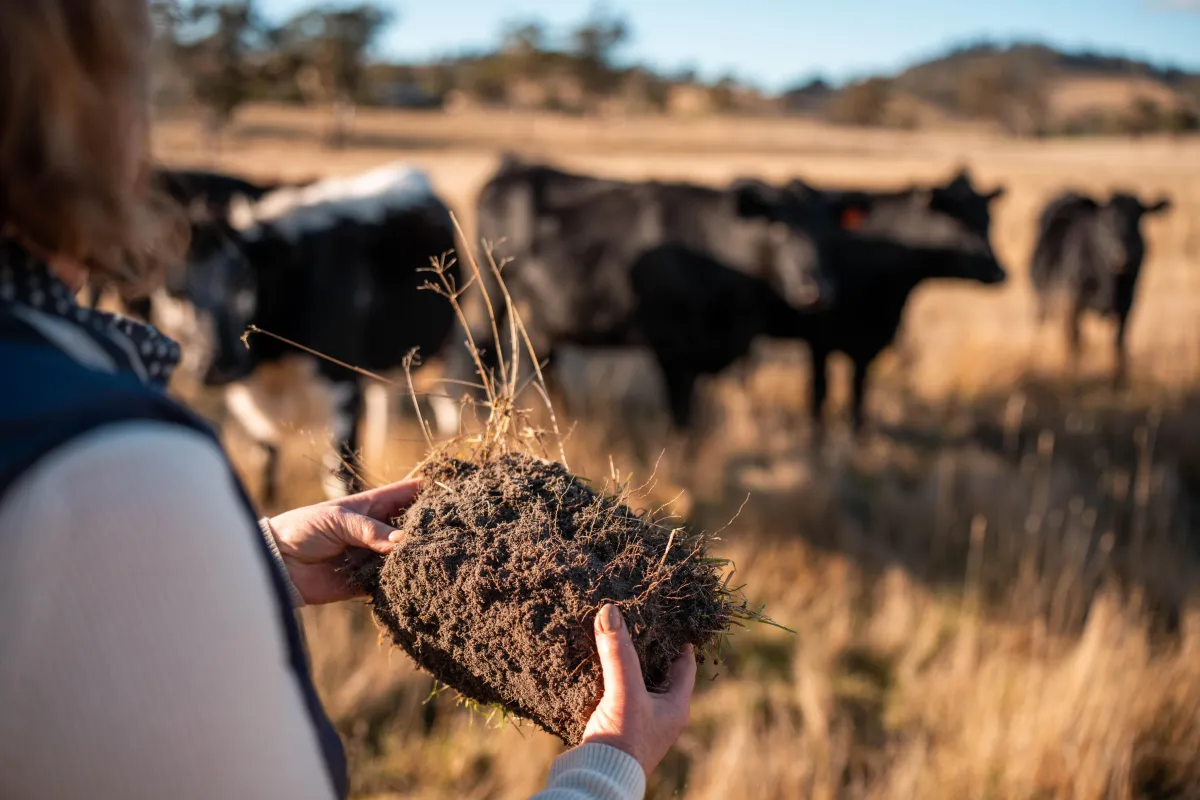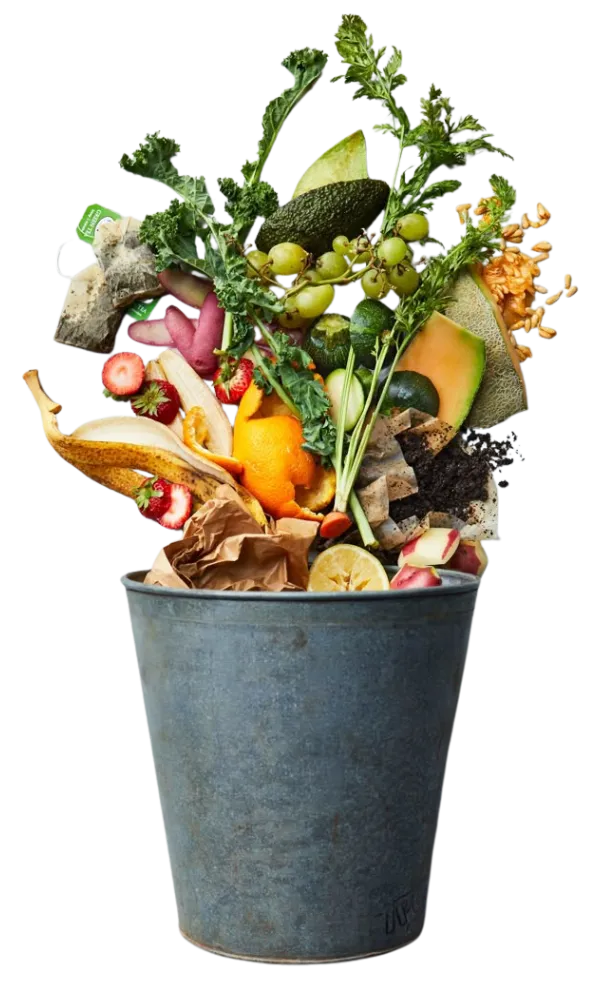Better Pasture from the Ground Up
Biomix compost helps condition and regenerate pasture paddocks for higher carrying capacity and better water use efficiency.
“We saw more consistent pasture bounce-back, especially in the lower paddocks where the soil was baked after the last dry year.”
— Sheep grazier, Campaspe Region
When soil is dry, compacted or low in biology, pasture performance stalls — no matter how much N you throw at it. Biomix helps rebuild the soil profile, improving water infiltration, organic matter and nutrient cycling. It’s not a quick fix, but it’s the right fix.
Used across Northern Victorian sheep and beef operations, composted organic matter lifts pasture response after grazing, improves soil carbon, and supports longer-term paddock resilience.
Supports recovery in overgrazed or drought-hit paddocks
Improves groundcover and species diversity in pasture swards
Reduces erosion and runoff on sloped or light soils
Encourages deeper root systems and longer growth windows
Cost-effective per hectare when applied at scale


Common Questions from Graziers
How is compost different from fertiliser?
Compost feeds your soil — not just the plant. Fertiliser gives plants a short-term boost, but compost improves long-term soil structure, moisture retention, and nutrient cycling.
How much compost do I need per hectare?
It depends on your soil condition and crop. Most broadacre applications range between 5 to 15 tonnes per hectare. We can help you run a soil test and recommend the right rate.
Will compost attract weeds or diseases?
Not if it’s done properly. Biomix compost is matured and pasteurised to meet AS4454 standards, so weed seeds and pathogens are eliminated during the composting process.
Can compost be spread using standard equipment?
Yes — most farmers use manure spreaders or belt-driven compost spreaders. We can help you work out what setup works best for your system.
How does compost affect soil moisture and drought resilience?
It helps your soil hold onto water for longer. That means your crops stay hydrated between rains or irrigation, and you’re less at the mercy of dry spells.
Is it safe for livestock?
Absolutely — once spread and incorporated, it’s completely safe. Some clients even report better pasture quality and reduced supplementary feeding needs.
How quickly will I see results?
Some improvements are noticeable within the first season — like better soil workability or germination. Others, like increased organic matter, build up over 1 to 3 years.

